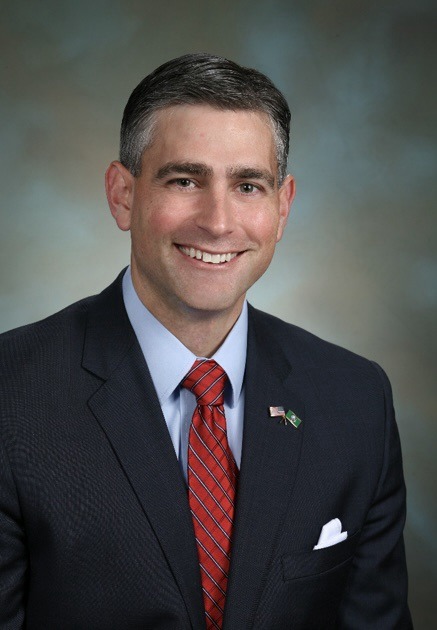House Speaker Mike Johnson and National Republican Congressional Committee (NRCC) Chair Richard Hudson have reportedly advised GOP lawmakers to avoid holding in-person town halls, citing escalating confrontations with voters. The directive comes as Republican members of Congress face growing backlash over recent policy decisions, including deep federal budget cuts and the impact of government layoffs.
Traditionally, town halls have been a way for lawmakers to engage directly with their constituents, answering questions and addressing concerns. However, Republican leadership is now steering members away from these open forums in favor of controlled interactions, such as tele-town halls or invite-only meetings.
According to reports from The Guardian and Reuters, the decision follows a series of tense public confrontations where Republican lawmakers were met with heated criticism over recent legislative actions. Viral videos of angry constituents grilling members of Congress have circulated widely, fueling concerns within the GOP about potential political fallout.
The move reflects broader anxieties within the party as they brace for a tough election cycle. Key issues driving voter frustration include:
• Federal Budget Cuts: The House GOP’s push for sweeping reductions to social programs, healthcare, and education has sparked widespread discontent, especially in rural and working-class communities.
• Government Layoffs: The Department of Government Efficiency, created under President Trump’s administration, has initiated significant staff reductions, affecting federal workers across the country.
• Election-Year Pressures: With control of Congress on the line in 2026, Republicans are wary of providing Democrats with more viral moments that could be used against them in campaign ads.
A Republican strategist, speaking anonymously to Politico, admitted that avoiding town halls “is about damage control” as party leaders try to prevent a repeat of the 2017 town hall protests that helped fuel Democratic victories in the 2018 midterms.
Critics argue that Republicans’ decision to limit direct engagement with voters is a sign of political cowardice. “This is about avoiding accountability,” said Democratic Rep. Emily Randall (D-WA), who recently held a packed town hall in Bremerton. “If you’re afraid to face your constituents, you probably shouldn’t be in office.”
Democratic lawmakers are already using the GOP’s town hall retreat as a campaign talking point. Several Democratic candidates have announced plans to hold public meetings in Republican-held districts, framing themselves as the party willing to listen to the people.
Meanwhile, some Republican lawmakers are quietly pushing back against their leadership’s advice. “Hiding from voters is not a winning strategy,” one Republican congressman reportedly told The New York Times. “People are angry, and they deserve to be heard—even if it’s uncomfortable.”
With growing public frustration and the 2026 elections on the horizon, the GOP’s decision to limit direct voter interaction could backfire. While party leadership hopes to shield members from uncomfortable confrontations, the optics of avoiding town halls may only fuel perceptions that Republicans are out of touch with everyday Americans.
As Democrats ramp up their town hall events and social media campaigns, the question remains: Can the GOP afford to stay silent while voters demand answers?





